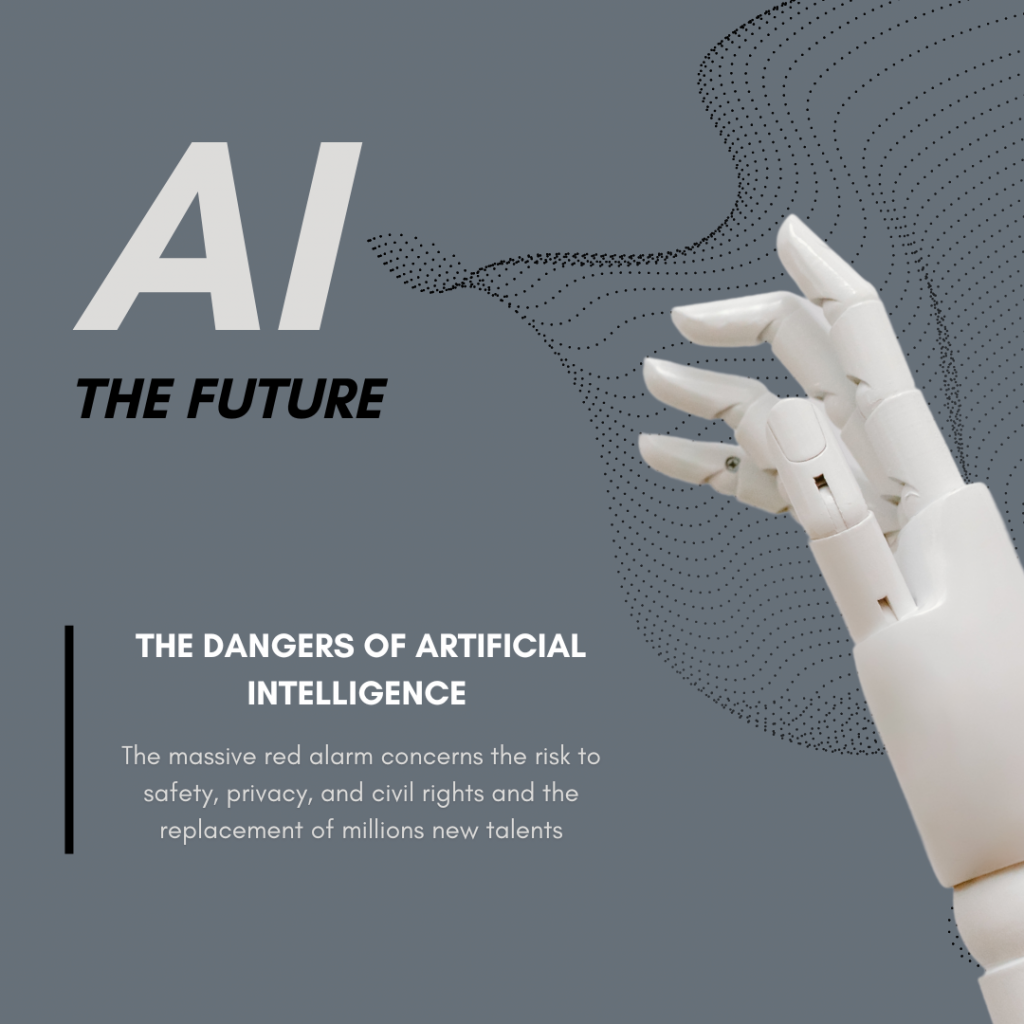Ask ChatGPT – it’s always on point
Wow, doesn’t it seem like we humans have started counting on AI machines to respond to us more precisely than our beloved family members and friends, whom we’ve counted on for years to identify us? Not only that, life turned way effortless the day we opened our electronic screens and started chit-chatting with the tool to get the best reply possible instantaneously.
Electronic screens? Are you kidding? Harry Potter solved the mystery of the Chamber of Secrets long ago precisely by penning down a few lines to ChatGPT. Wondering how?

Image by thebooktheque
The conversational AI model (ChatGPT) developed by OpenAI is earnestly taking over human minds to the point where folks have ceased using brains, instead relying on machines to respond more accurately. Well, that’s just the opinion of a few; the generative AI indeed has certain defined boundaries and limitations to rely on.
What is the purpose of introducing ChatGPT into our lives? Is it going to replace human minds and workers? And what do famous business leaders think of the model?
The more you know, the better you can imagine.
Twyla Tharp
Let’s just jump in to get to the nitty-gritty of the topic.
What is ChatGPT?
Chat Generative Pre-Trained Transformer, an innovative language model developed by OpenAI, represents a remarkable breakthrough in artificial intelligence. The model sets itself apart with its exceptional capability of engaging in dynamic and interactive conversations with users. The founders of ChatGPT, Elon Musk, Sam Altman, and Greg Brockman, introduced the model as a means to inspire and empower developers, researchers, and organizations to leverage AI in innovative ways. On its victorious journey from version GPT-3 (launched in November 2022) to the latest version GPT-4, the conversational model has covered various fields, including blogging, news writing, computer programming, and copywriting.
ChatGPT operates in a very entrancing way. Wondering how?
The model is pre-trained with a large amount of handy data from various sources, such as websites, books, articles, and much more. The moment we type a few words on the machine, the model learns to predict the next word based on the context of the previous words to present us with a sentence no different than a human response.
Your friend might turn a blind eye to your WhatsApp messages, but ChatGPT? It responds in a matter of seconds.
And this is precisely what the founders might have thought before launching the AI model. Introducing it into our lives was to create an advanced conversational AI model that could understand and generate human-like text responses, assist users in various domains, and enable more engaging interactions between humans and machines.
However, the red alarm is still active in millions of minds concerning the replacement of human workers with surprising technological innovation. Let’s dive deep into the matter.

Do you see human jobs drowning?
Why do you think humans will ever create a machine as a replacement for their jobs?
The terrifying question getting on everyone’s nerves is whether the AI chatbot is going to replace human minds and workers. Why don’t we ask this question in ChatGPT?
The AI chatbot crafted that “the adoption of AI technologies may create new job roles and opportunities in areas such as AI strategy, data management, algorithm development, and more. Human workers can leverage their skills and expertise to work alongside AI systems, focusing on higher-value tasks that require human judgment, creativity, and strategic thinking”.
Well, that could be convincing; however, if not wrong, it has already affected and replaced certain job roles, including those of news writers, copywriters, customer service representatives, and numerous others, even though the machine does not think like humans. As per the sources, 48% of companies that have adopted ChatGPT have already begun replacing certain human roles, with plans to gradually transition to more positions shortly.
Whatever the world says, AI machines are not perfect enough to possess the human qualities of empathy, intuition, contextual understanding, and unique skills such as creativity, emotional intelligence, and adaptability that are required to handle unexpected situations and provide personalized interactions.
The AI model is designed to excel at handling data-driven and time-consuming tasks while allowing humans to focus more on critical thinking and decision-making tasks. According to the Daily Times, ChatGPT can be viewed as a valuable asset for business rather than being viewed as a direct substitute for human workers.
ChatGPT is just one of the few technological innovations that are making waves as a result of its crucial purpose in automating tasks; various such AI tools are making their way to cross the line soon, so what’s the reason for absconding from it? Being afraid of losing jobs with the emergence of new technologies might not help in this case; rather, schooling ourselves to make the best use of them will certainly do some wonders.
How do famous business leaders view the AI model?
Before getting to a few perspectives, aren’t you curious to noodle around the leap of excitement in the modern era over disruptive innovations?
In the age of ever-evolving technology, brilliant minds are born each day, and with them emerge groundbreaking innovations such as computers, data science, and AI machines to release us into an unparalleled era of remarkable technological advancements. But if we dive a bit, it becomes obvious that these advancements were not recently conceived. They were initiated a decade ago. So, why has there been a surge of excitement and interest surrounding them in the present era?
The reason is the widespread influence of social media and the prevalent nature of deep learning in the modern era, where individuals strive to uplift their voices on various platforms with the teaching they encounter. And evidently, we like to follow the agents with a better view of the world.
AI is the biggest innovation since the user-friendly computer. ChatGPT is one of two demonstrations of technology that struck me as revolutionary.
Bill Gates
No matter how others are predicting the breakthrough, Gates surely envisions a remarkable future for AI, living with the “AI has the potential to revolutionize the world” school of thought.
Where Gates cheers for AI by picturing a better future for labor, Elon Musk (the co-founder of ChatGPT) declared AI for a while as one of the immense dangers to civilization. Besides, at a Global Governance conference held in Dubai, he shared “AI is a larger risk to society than automobiles, aircraft, or medicines”.
Moreover, the future of Apple, Trade Algo, and Google seemed quite safe and useful with AI in terms of improving customers’ lives.
Well, the inventory of opinions will never run out. And I am sure we are now equipped with extensive understanding to form judgments on the positives and negatives of ChatGPT.
The future of AI
Debates over debates, judgments over judgments, and questions over questions OpenAI’s ChatGPT has successfully gathered everyone on a board to seek real estate advice. Twitter, Facebook, LinkedIn, and YouTube are going crazy over millions of posts and videos on the ‘positives and negatives of ChatGPT’.
Despite knowing that the machine isn’t designed perfectly enough to compete with the intellectual minds of humans, the machine does not have personal experiences and beliefs to share in writing, the device cannot replicate the emotions that humans express in words, and the machine could be the biggest threat to civilization. Still, you can see the ‘ChatGPT’ tab open among other tabs on your electronic screen, with whom you are just ready to chat in the next few minutes to get many queries answered. Then yes, this is a massive SUCCESS for OpenAI.
However, successful businesses can fail as soon as the waves heat the world, or they can hold the pillars strong to remain alive in the hearts of generations to come. We have completely moved away from the 19th and 20th centuries and entered a world filled with technological advancements where jobs can be more uncertain or unpredictable. So be ready for modern change, which could be for a good or a bad purpose. No matter how big the revolutionary change we witness, human intellectual minds will last forever, and no technology on earth is ever going to replace them.
Author | Sana Farooq
